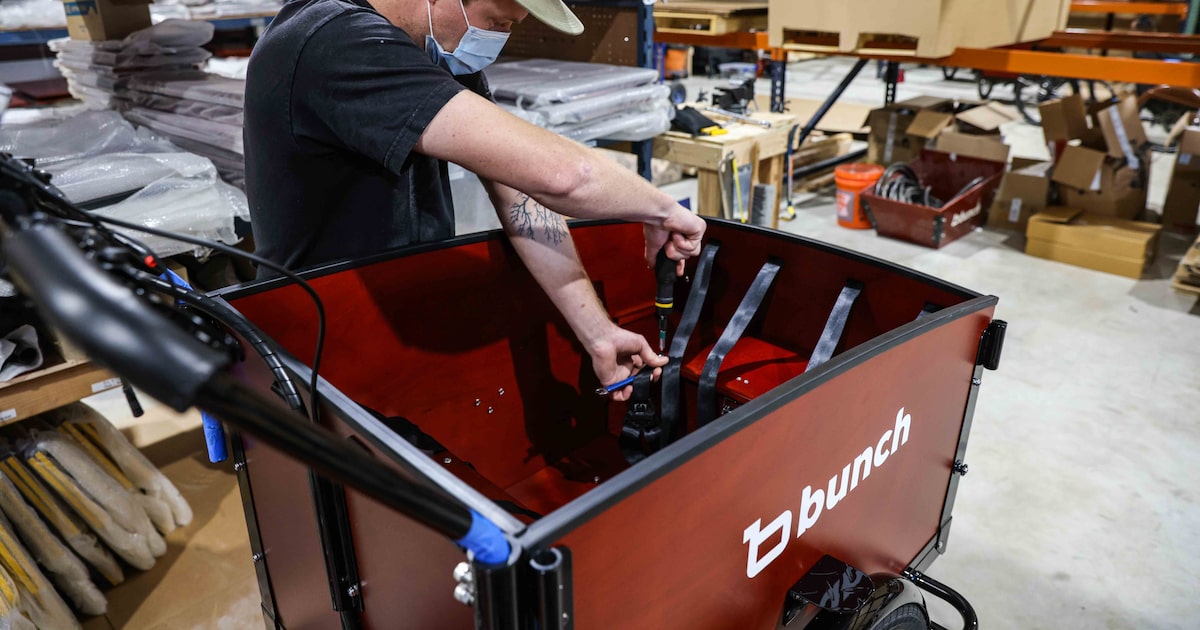Tariff Tsunami: Local Denton Business Caught in Economic Crossfire

In the heart of Denton, Texas, a small business called Bunch Bikes has been fighting an uphill battle against the economic challenges posed by international trade tensions. The Cato Institute recently highlighted the company's struggle, revealing how Trump-era tariffs have created significant obstacles for this innovative local enterprise.
Bunch Bikes, known for its unique cargo bicycles designed for families and urban commuters, found itself caught in the crossfire of trade policies that have dramatically increased the cost of doing business. The company's founder has been vocal about the direct impact of these tariffs, which have forced them to make difficult financial decisions.
The additional import taxes have substantially raised the cost of bicycle components, squeezing the company's already thin profit margins. What was once a promising small business model has been transformed into a challenging economic landscape, where every imported part becomes more expensive and less predictable.
This story exemplifies the real-world consequences of trade policies on small American businesses. While international trade negotiations play out on a global stage, companies like Bunch Bikes bear the immediate and tangible burden of these economic maneuvers.
Despite the challenges, the company continues to innovate and adapt, demonstrating the resilience that defines many small businesses in the United States. Their experience serves as a powerful reminder of how macro-level economic decisions can have profound micro-level impacts.
